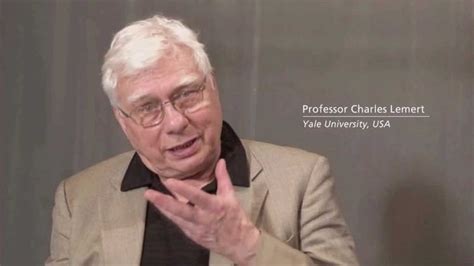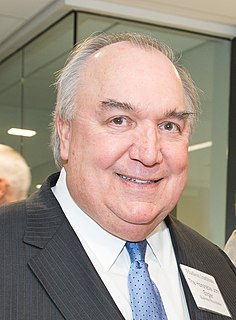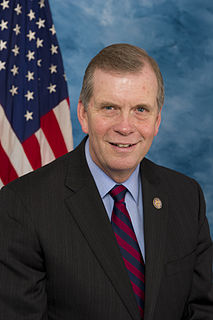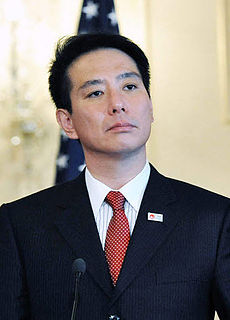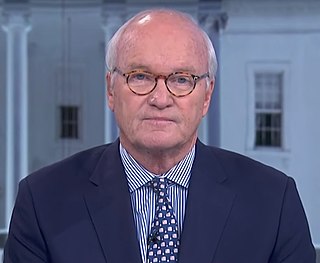A Quote by Scott Ritter
My goal in Baghdad was to facilitate a debate here in the United States on America's policy toward Iraq, a debate that's been sadly lacking.
Related Quotes
Succinct, thorough, and masterfully researched-Thomas Medvetz has written a subtle and timely history of these fixtures of public debate in the United States. In the realms of culture studies, policy, and policy formation, there is no book quite like Think Tanks in America. Plus which, no one has understood, interpreted, then used Pierre Bourdieu's ideas better-so well that Bourdieu himself would have been pleased.
The way Americans most understand the history of Latinos in this country, a lot of it is being told now through the lens of what's happening with the immigration debate. While that's an important debate that has security and moral implications, in my view, there's also a huge history of Latinos in the United States that's never been told.
Had the United States and the United Kingdom gone on alone to capture Baghdad, under the provisions of the Geneva and Hague conventions we would have been considered occupying powers and therefore would have been responsible for all the costs of maintaining or restoring government, education and other services for the people of Iraq.
It was not the United States who invaded Kuwait; it was Iraq. It was not the United States that went to war with Iran; it was Iraq. It was not the United States that fired chemical weapons at Iran; it was Iraq. And it was not the United States that murdered innocent Iraqi citizens with chemical weapons; it was Iraq.
Moves toward sovereignty in Iraq stimulate pressures first for human rights among the bitterly repressed Shi'ite population but also toward some degree of autonomy. You can imagine a kind of a loose Shi'ite alliance in Iraq, Saudi Arabia, and Iran, controlling most of the world's oil and independent of the United States. And much worse, although Europe can be intimidated by the United States, China can't. It's one of the reasons, the main reasons, why China is considered a threat. We're back to the Mafia principle.

